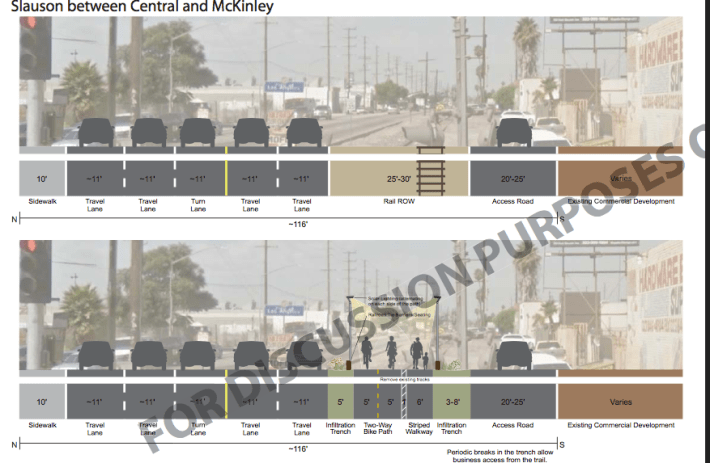On the heels of John Mica’s announcement that the House GOP will pursue an austere transportation bill calling for $230 billion in spending over six years, House Democrats slammed the proposal, calling it “inadequate,” “mindless” and “very sad.”
“From all that we can gather, and from the outlines we’ve seen thus far, it appears this bill can best be described as the Republican road to ruin, ” said Ranking Member Rep. Nick Rahall (D-WV). “It would undermine our long-term economic competitiveness and jeopardize our economic recovery.”
“This is a cruel imitation of a proposal,” added Del. Eleanor Holmes Norton (D-DC). “This is not a serious proposal. No one would really propose that districts get a third of what they got last time.”
They said they would rather see a two-year bill with adequate funding, or at least a mandate for reconsideration after two years, as the economic recovery might provide more revenue by then.
Like their colleagues in the Senate, the House Democrats focused on the threat to construction and transit jobs should these deep cuts pass. Rahall said the bill would result in 500,000 jobs lost across the nation in 2012 alone. Several representatives acknowledged that the importance of a robust transportation bill goes far beyond construction jobs.
“You know, it’s not just about construction workers,” said Rep. Peter DeFazio (D-OR). “It’s much bigger than that in terms of our economy. It’s about manufacturing. It’s about transit systems.”
Rep. Jerry Nadler (D-NY) added that good infrastructure is essential creating to a business-friendly climate. “A business climate isn’t just about taxes,” he said. “It’s about: Can you get your goods to market? How much time do your workers need to get to your office? How much do you have to pay them to do so?”
Nadler pointed out that China spends nearly nine percent of its GDP on infrastructure while the US spends less that two percent. “If we want to remain competitive, we have to spend a competitive sum of money,” he said.
Several Democrats said the political environment on the Transportation Committee had become far more toxic and partisan than in years past.
“I’ve served on this committee for 34 years now, and we’ve seen this year an unfortunate departure from decades of bipartisanship,” said Rahall. “This is the first time I can recall that the Majority and the Minority stand apart on such important legislation.”
DeFazio described the extent to which Mica included Democrats in crafting the bill: “The Majority called our staff over one day to look at about 300 pages in 3 seconds and not take any notes.” He noted that there were no bi-partisan meeting equivalent to the “Big Four” pow-wows in the Senate Environment and Public Works Committee, and showed reporters a letter he and Rahall had written to Mica weeks ago requesting a meeting — a letter that was never answered.
“I’m finding that if any proposal doesn’t go the way the chairman wants, he wipes it out,” added Rep. Corrine Brown (D-FL). "We’ve always been able to sit down and talk and work through issues in the past, but it is just not the way we’re working now. It’s like we’re under a new regime.”
Brown added that the deep cuts and unwillingness to work together is “all about politics for 2012.”






